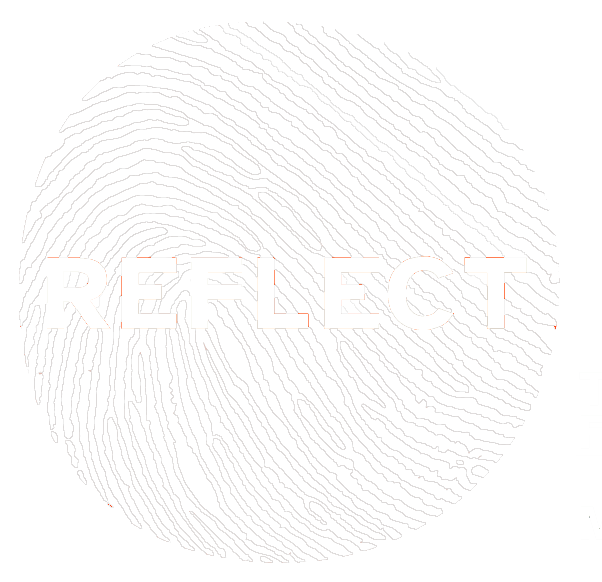It is often said that education is the foundation upon which a country is built. That it is through education that we help our children to reach their full potential.

And that’s why I think Voldemort waited until the end of the school year to kill Harry. Showing that despite his flaws he really cared about his education.
But enough tomfoolery. Thinking back over the last 25yrs and how much has changed in our education system we can begin to imagine the developments over the next 25yrs.
A number of socio-economic factors and technological developments will shape the future:
- Jobs for life no longer exist – Most of us will have more than 10 jobs before we hit 50yrs old. Traditional ‘Professions’ will be increasingly diverse in practice.
- The world is an even smaller place – People will need to be “globally competent” to understand other cultures and be comfortable with cultural complexities. Communication, collaboration and creativity are the skills required in the knowledge-based industries of the future.
- Information growth is unbound – The amount of information in the world is doubling every two years. The students of the future will need to learn how to discern, aggregate and synthesise information in ways we cannot yet imagine.
With such tremendous change occurring, students in 2044 will need a different set of skills in order to thrive. Education will shift from just ‘knowing’ to soft skills such as communication, creative thinking and flexibility.
Education 25 years in the future will have 5 common pillars
1. Personalisation and mix and match schooling
As with many sectors in the 21st century, there is increasing demand for personalisation. Due to the need to provide a more individual approach to education students will be able to study and learn what they want, when they want, and for as long as they want.
Self-paced curriculums will enable more comfortable and effective learning. Rising living costs and social concerns about physical, emotional and religious freedoms will lead to a big increase in homeschooling. Learning centres (previously known as schools) will still be used by many but there will be a mix and match approach in their use.
2. Digital learning is ubiquitous
Digitalisation has completely transformed education. Knowledge will be disseminated primarily through online and other digital platforms. Learning can occur at any time of the day and at any place, with teachers remotely facilitating self-directed learners who, should they not be able to attend may send an avatar in their place.
All learning incorporates VR and AR perspectives. It is now understood that these simulations provide more efficient education experiences and minimise the inherent risk. They provide a strong emotional experience to students and what they learn this way is much better stored in their memory. Think medical students performing surgery to learning to drive a car.
3. Competency and a google degree?
The pure subject degrees have all but disappeared as higher education shifts to competency-based degrees over the time-based programs of today. All learning is focused towards developing competencies and preparing students for the modern workplace.
Tired of having to retrain the brightest thinkers many corporations are now offer their own learning awards which have been accredited with degree status. Graduation from the Google University is now more prized than Oxbridge.
4. Teacher as a guide
Teaching approach has shifted dramatically in the last 25yrs as ‘talk and chalk’ was found to no longer be effective for generations of students who have all the knowledge they need at their fingertips.
The primary role of a teacher in 2044 is to guide students in the areas where they need guidance. They act as facilitators to support students in developing their own way of thinking and learning. They create learning plans for individuals to obtain necessary sets of skills.
Their role is now more akin to ‘coach’ rather than professor.
5. Social and Emotional skills as a priority
Work in the future is all about creativity, collaboration, communication and problem-solving. These will be the must-have competencies for success ion the job market.
Management skills and interdisciplinary knowledge have become a prized set of mental assets for the modern student. Developing their skills in emotional intelligence, empathy, and cultural flexibility will be a priority.
Ultimately education on any level and at any time in history, has always been about furthering oneself. Whether that be in terms of knowledge, competency or job market competitiveness. This hasn’t changed by 2044 and is unlikely to further into the future.
The real difference for the future of education will be the availability of multiple approaches, the acknowledgement of multiple goals and the understanding that learning is a lifelong practice, not a series of tests.



